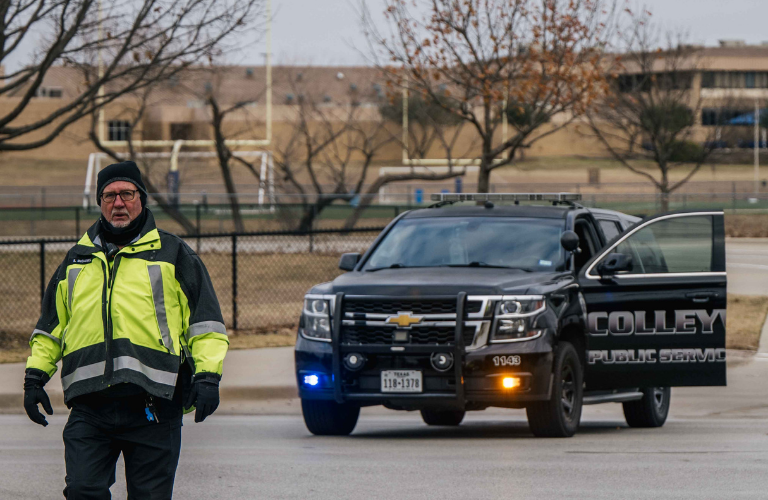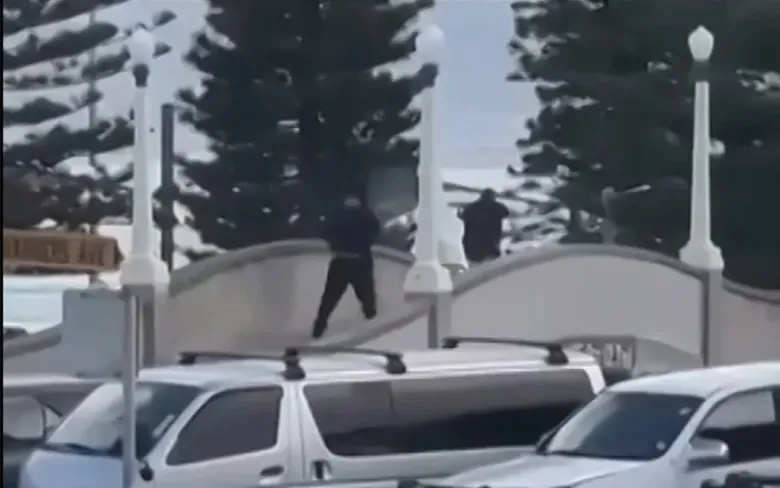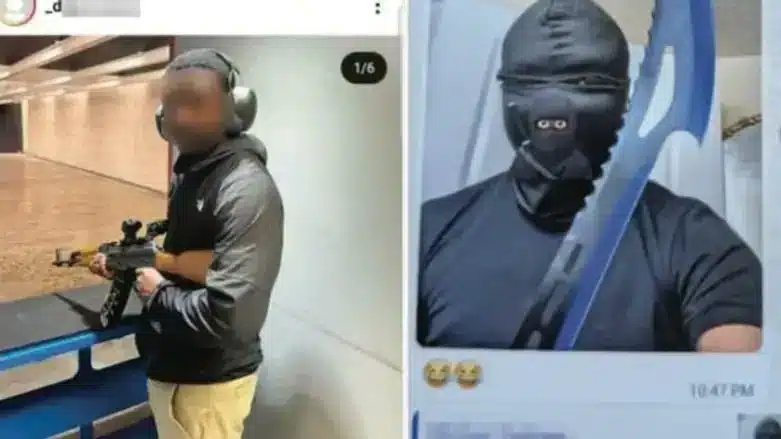

Spike in Coordinated Social Media Activity Calling for Release of ‘Lady Al Qaeda’ Preceded Texas Synagogue Attack, New Study Reveals
A sudden spike in coordinated social media activity calling for the release of convicted “Lady Al Qaeda” terrorist Aafia Siddiqui preceded the Jan. 15th hostage-taking incident at Congregation Beth Israel in Colleyville, Texas, in which British Islamist extremist Malik Faisal Akram demanded the U.S. free her from prison, new research released by the Combat Antisemitism Movement (CAM) and conducted by the Network Contagion Research Institute (NCRI) shows.
The key findings of the report — which can be read in full here — include:
– Advocacy for Siddiqui’s release has been quiet in recent years but reemerged in late 2021: “Aafia” was mentioned on Twitter fewer than 20 times per day in 2021 until late August when “Aafia” related tweets spiked, eclipsing several thousand daily.
– The bulk of the chatter appears to have been driven by a network of Pakistani Twitter accounts, some of which displayed bot-like activity: The 20 most prolific authors amplifying Aafia-related hashtags self-identified as Pakistani and several of them disseminated social content featuring antisemitic tropes.
– In September of 2021, in response to an alleged prison assault on Siddiqui, the Council on American-Islamic Relations-Texas DFW & Austin chapter (CAIR-Texas) launched a formal campaign advocating for Siddiqui’s freedom via real-world and virtual events, as well as an online “#FreeAafia” campaign.
– CAIR-Texas promoted the central node of the self-identified Pakistani network to promote Aafia-related material, and the most shared URL by the predominantly self-identified Pakistani network was a link to CAIR-Texas’s website promoting the Aafia campaign.

Twitter said on Wednesday it was investigating the information revealed by the report, which was based on open-source data.
CAM Advisory Board Member and former U.S. Special Envoy to Monitor and Combat Antisemitism Elan Carr told Fox News Digital. “The well-coordinated online and offline solidarity campaign for Aafia Siddiqui, a raving antisemite herself, indulged in antisemitic tropes and predictably inflamed supporters. While one can never determine a direct cause and effect, tragically, one of those radicalized supporters flew all the way from England to Texas to visit terror on an innocent Jewish community during Shabbat services.”

Last September, the report noted, CAIR-Texas organized a rally in front of the federal prison in Fort Worth where Siddiqui is serving an 86-year sentence for attempting to shoot U.S. military personnel in Afghanistan in 2008, with one speaker decrying “Zionist judges.”
Two months later, the head of CAIR’s San Francisco Bay Area office, Zahra Billoo, said in remarks at an American Muslims for Palestine (AMP) conference, “We need to pay attention to the Zionist synagogues.”
Carr pointed out, “Words matter. Antisemitic words aren’t harmless, they might be protected by the First Amendment, and I’m not suggesting that they be censored, but they’re not harmless. They do real damage. That’s take away No. 1. Take away No. 2 is that social media is remarkably effective and impactful.”
“The information that we have in this report is absolutely worthwhile for the investigating agencies to take notice of,” he added. “The investigative agencies… really do have to run this sort of information down to help identify the motivation.”










